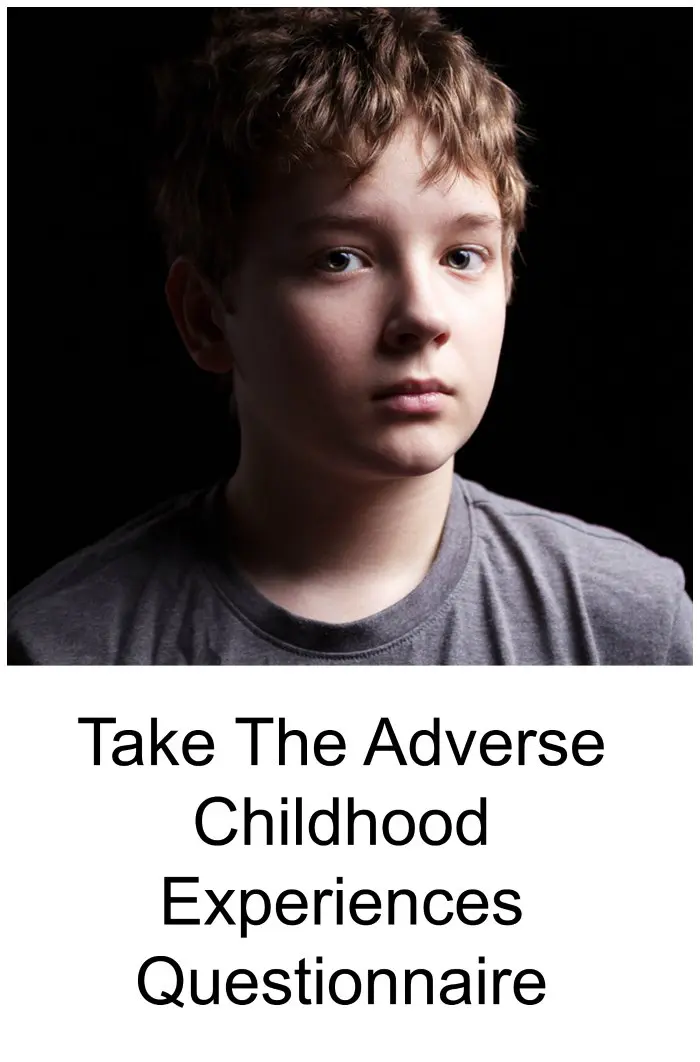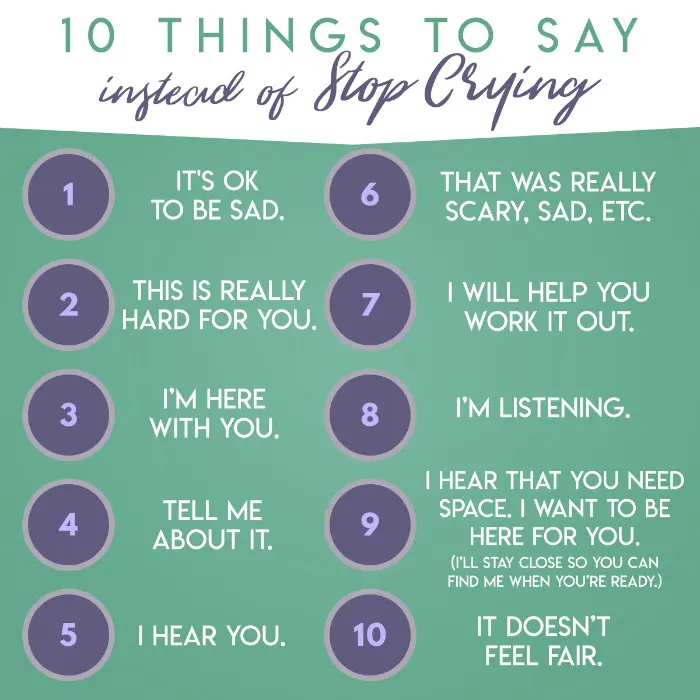This post is in partnership with Stress Health, an initiative of the Center for Youth Wellness. I recently shared how childhood trauma can affect health your whole life. According to Stress Health, kids who are exposed to very high doses of adverse childhood experiences (ACEs) without the support of loving, caring adults can have more than double the lifetime risk of heart disease and cancer. They also have a nearly 20-year difference in life expectancy! The good news is that the effects of toxic stress can be reduced. I want to share a resource for assessing the risk as well as resources for reducing the damage. You can head to the Stress Health Website and take the Adverse Childhood Experiences Questionnaire to find out if your child has been exposed to toxic stress. The website also offers resources on how to learn to reduce the potential negative effects of ACEs.
Gain Insight With The Adverse Childhood Experiences Test
The adverse childhood experiences questionnaire can be taken on behalf of yourself or another adult or on behalf of a child in your life. If you are taking the ACE Questionnaire on behalf of a child and you don’t know all the answers, you can also try looking for toxic stress symptoms.
There are only ten questions on the adverse childhood experiences questionnaire test so it isn’t too time consuming or complicated. It just takes a few minutes to offer you some insight into the ACEs score. This score is a starting point so you know what you are working with. Then you can respond in ways to help reverse the effects of toxic stress.
The adverse childhood experiences questionnaire is based on the original 1998 landmark CDC-Kaiser Permanente Adverse Childhood Experiences (ACE) Study. This research was one of the largest investigations of childhood abuse and neglect and later-life health and well-being.
The adverse childhood experiences test score meaning gives you insight into what you are working with. An ACE score is NOT an actual medical diagnosis. It is meant to help medical providers better understand a patient’s risk for the effect of a toxic stress response. It is recommended that individuals speak to their primary care provider about ACEs-related concerns. Discuss how to integrate healing practices for toxic stress into self and family care.
Learn How To Reduce The Negative Effects Of ACEs
As mentioned, it is recommended that you talk with a doctor about your ACEs concerns. Parents can also support a healthy stress response in their family by implementing some healthy guidelines. These should include guidelines for sleep, nutrition, exercise, mental health, mindfulness and healthy relationships. Learn ways to cope with your own stress and how to sooth your child in stressful situations.
The Center For Youth Wellness provides lots of information and resources, like the infographic below. They help spread knowledge to help parents reduce the potential negative effects of ACEs.
For me, learning about ACEs and the documented effects childhood trauma can have on your life long health was so eye-opening. It was also such good news to know that there is help and the damage can be reversed.
Conclusion
Knowing where you or your child stand on the adverse childhood experiences scale is a good starting point. Please share the Adverse Childhood Experiences Questionnaire and the resources to help reduce the negative effects of ACEs. By getting the word out, we can make a difference in young people’s lives now!
Related Posts:
100 Feet And Three Minutes- Creating Childhood Memories


